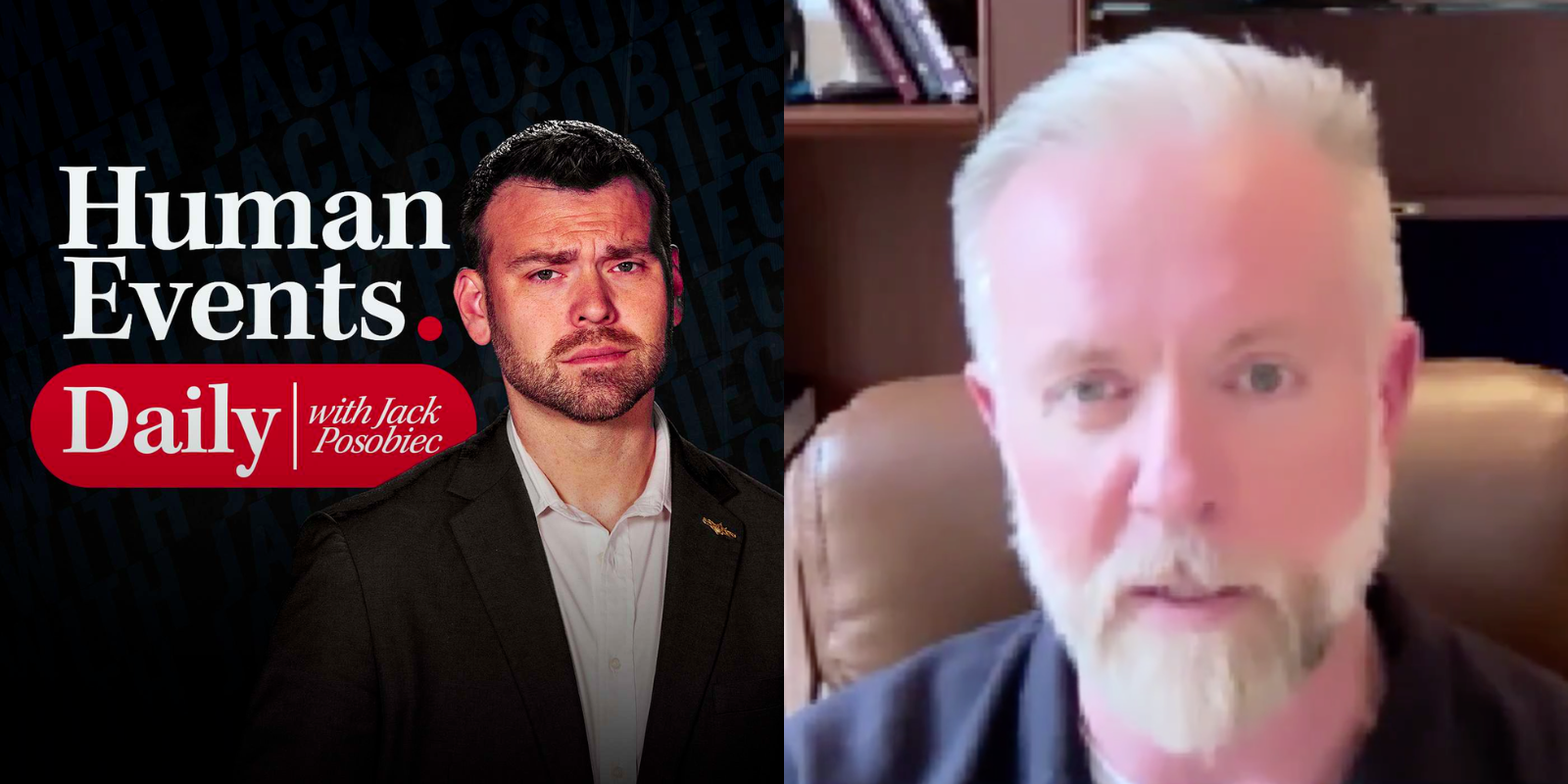Five months ago, the most popular beer brand in the United States, Bud Light, owned by Anheuser-Busch, sent Mulvaney a beer can with his face on it, to commemorate his “day 365 of girlhood.” In turn, Mulvaney promoted the beer to his millions of followers across several social media channels.
Influencer marketing has become increasingly popular in recent years and has had a significantly positive impact on several businesses. Unfortunately for Bud Light, the influencer chosen to promote their product is so ideologically opposed to their primary customer base, that consumers began boycotting the brand entirely.
Within weeks, Bud Light sales were down 30% from the previous year, and have continued to drop steadily as social media users continued to ridicule the newly dubbed “transheuser-busch” brand. According to the New York Post, Bud Light’s share price has “slipped nearly 9% over the past six months, and [is] down over 3%, to $56.08, in the past five days.” Videos of baseball fans avoiding Bud Light at stadiums went viral, making it clear that it was no longer considered masculine to drink a Bud Light, and if you chose to, you would be mocked mercilessly by friends.
The Post also reported, “Earlier this month, Anheuser-Busch InBev – the Belgian-based parent of the brewery – reported a 10.5% drop in revenue and nearly 30% decrease in profit in the second quarter.”
Bill Gates seems to be betting on Anheuser-Busch making a financial comeback, potentially hoping that doubling down on its traditional marketing — targeting sports-watching, tailgating, beer-drinking men — will erase the bad taste the failed campaign left behind.
Despite Gates not being a “big beer drinker,” he has purchased shares in several brewing companies in the past. In February, the billionaire took on a 3.76% state in Heineken Holding NV when he purchased 10.8 million shares, worth $939.87 million at the time.
This piece first appeared at TPUSA.





